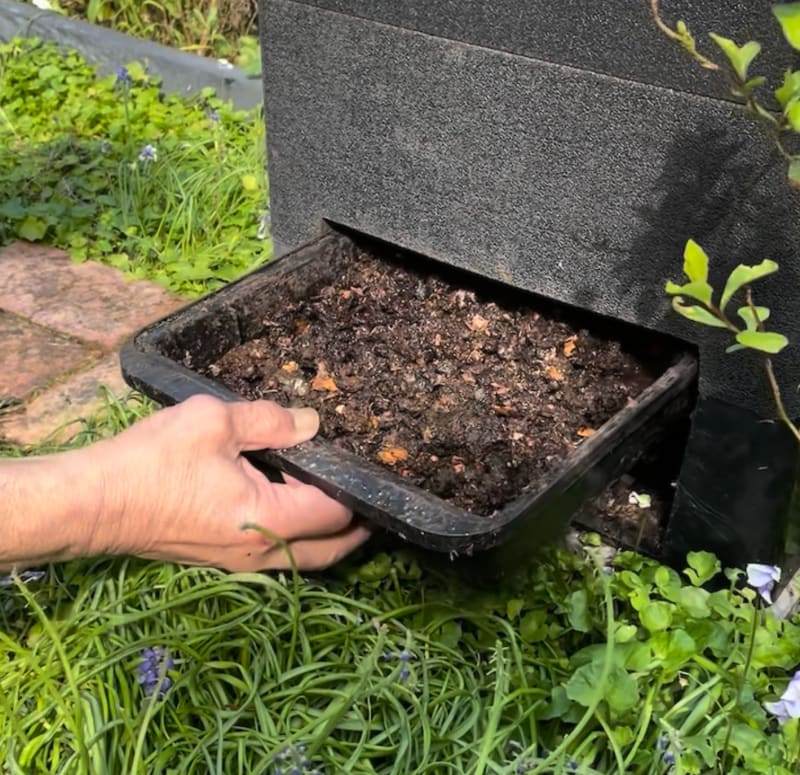The Bioverter Story

Innovating compost solutions for recycling food waste
Bioverter is the brainchild of Dr. Heng Foo Chiam, whose personal frustration with existing composting systems sparked an innovative design solution to solve the problem of recycling food waste.
As a passionate gardener with a degree in Chemical Engineering and PhD in Biochemical Engineering, Heng Foo experienced first-hand the shortcomings of traditional composting methods.
Drawing on his expertise in applied microbiology, alongside extensive scientific and research experience, including at CSIRO, University of Melbourne, and in the industrial sector, Heng Foo was uniquely positioned to reimagine the composting process and create a solution that is both scientifically sound and practical.
After several prototypes and constant refining, he found the solution, which was brought to life by Australian experts in industrial design and manufacturing.
The result: A compact, self-contained compost bin which removes the hassle and effort required to turn household scraps into superfood for our plants and gardens.
Today, Bioverter is a family run company and proudly 100% Australian owned, designed and manufactured since 2022.
Our vision: reduce the impact of household waste
Australians create a lot of waste. This is not unusual for an advanced, prosperous economy such as ours, but it does create complex environmental issues.
While it may seem insurmountable to deal with, at Bioverter we know where households can have the most impact – the kitchen.
Households are responsible for nearly a third of the total food waste in Australia. About 92% of this goes to landfill where it emits methane – a greenhouse gas 84 times more damaging to the environment than carbon dioxide.
Bioverter's composting innovations provide a simple waste solution. This means we can all act locally in our backyards for global impact on the environment, and:
- Return nutrients to the soil to help our gardens grow
- Prevent methane production
- Lower local greenhouse emissions
- Reduce our carbon footprint
We hope recycling food waste becomes as second-nature as it is to recycle your paper, plastics and glass.
Because we believe in the collective power of community to protect our precious environment by composting at home.